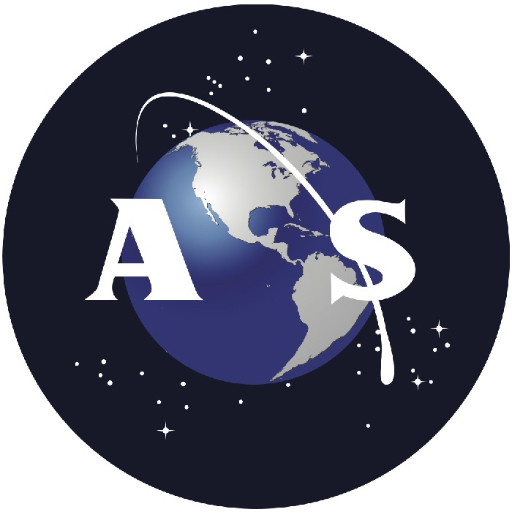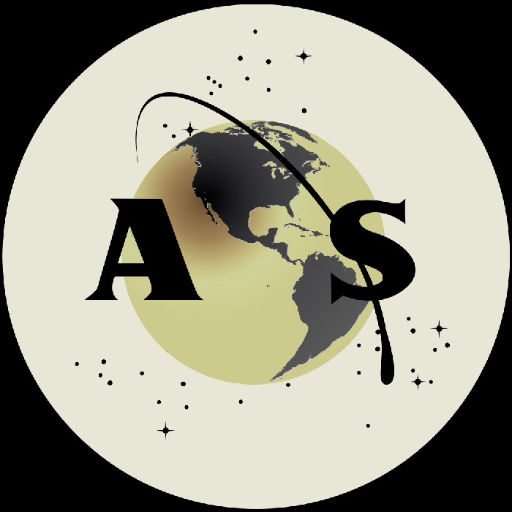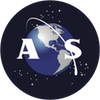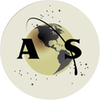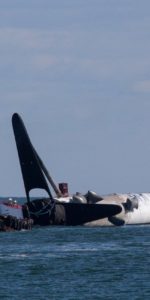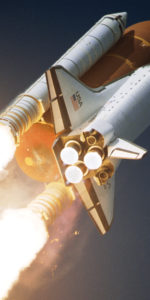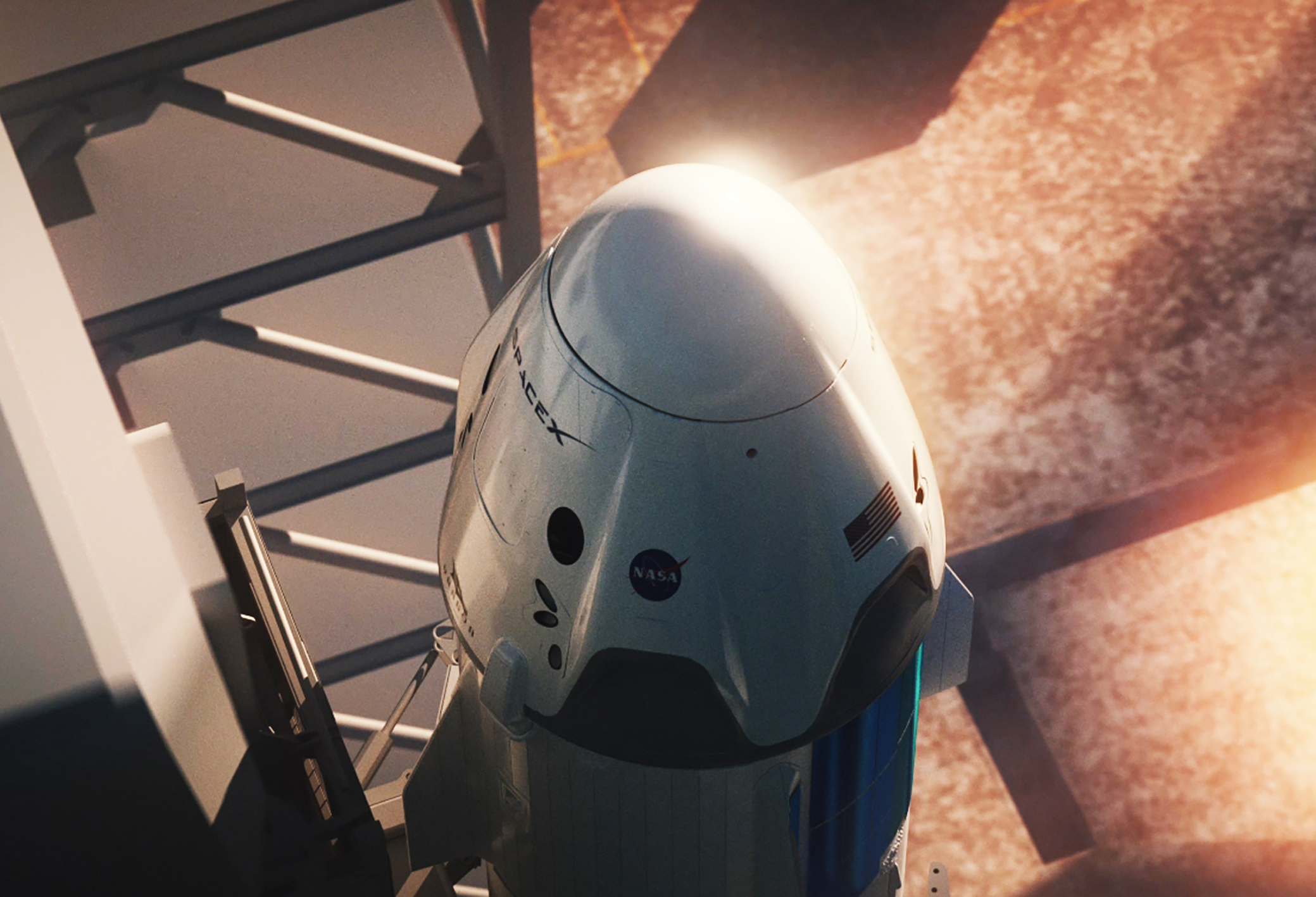
NASA and SpaceX today pushed back the launch date for the debut orbital flight test of Crew Dragon to the International Space Station (ISS), from January 7, 2019 to Thursday, Jan 17, launching atop a Falcon 9 rocket from storied Launch Complex 39A at NASA’s Kennedy Space Center in Florida.
“This adjustment allows the return of the Dragon spacecraft from the company’s 16th commercial resupply services mission,” stated NASA in a press release.
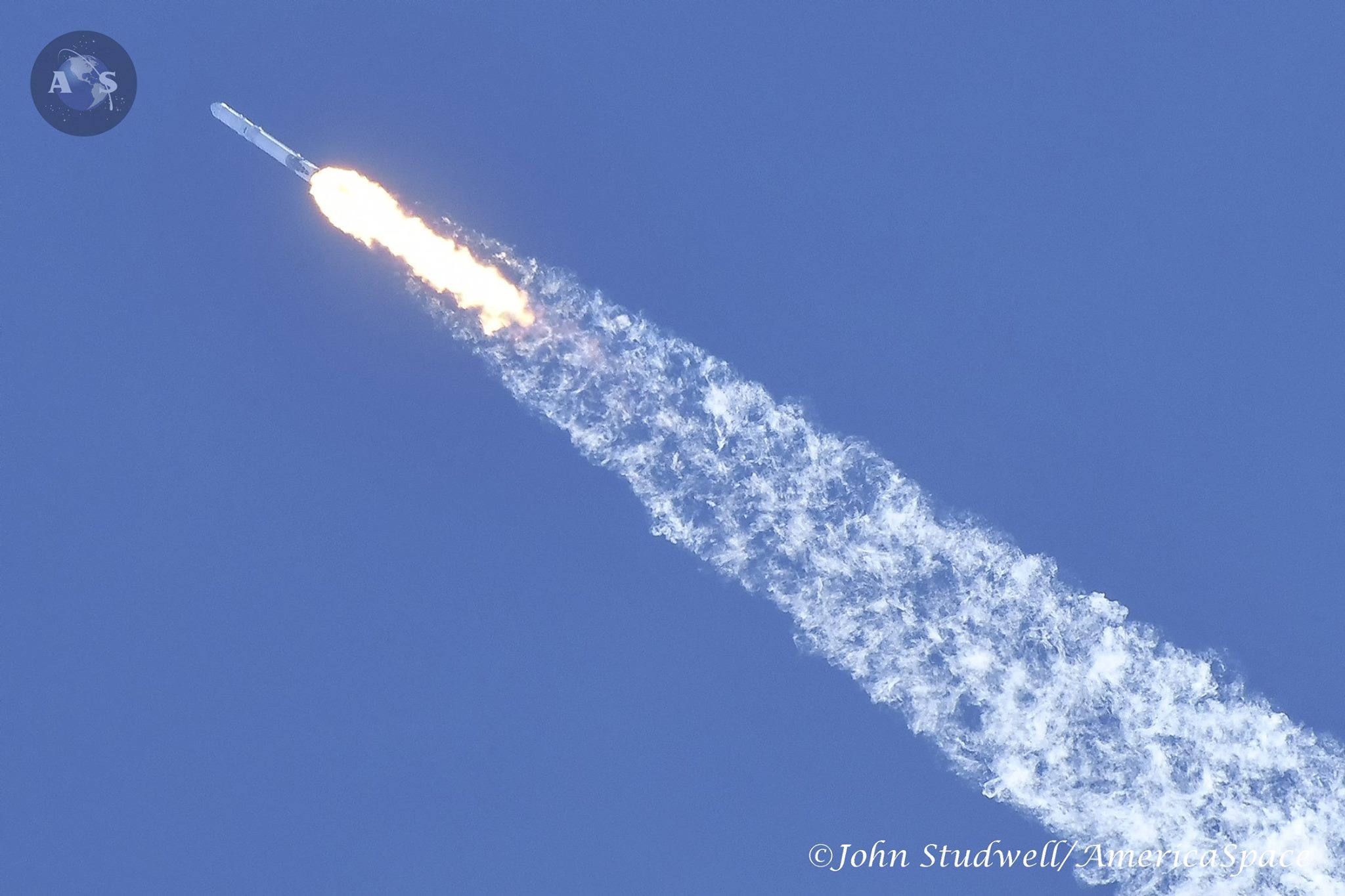
SpaceX already launches cargo for NASA to and from the ISS, and was awarded a $2.6 billion Commercial Crew contract in September of 2014, as part of NASA’s efforts to stimulate development of privately built and operated American-made space vehicles for transporting astronauts to and from the ISS, following retirement of America’s space shuttle fleet in 2011.
Since then, NASA has been 100% reliant on Russia to launch and bring home American astronauts from the ISS, at an ever increasing cost per seat (over $80 million each currently).
“We still have more work to do as the certification process, hardware development and readiness reviews continue,” said Kathy Lueders, manager of NASA’s Commercial Crew Program. “The key readiness reviews along with NASA’s continued analysis of hardware and software testing and certification data must be closed out prior to launch. The upcoming steps before the test missions are critical, and their importance can’t be understated. We are not driven by dates, but by data.

Ultimately, we’ll fly SpaceX Demo-1 at the right time, so we get the right data back to support the in-flight abort test and the next test flight when our astronauts are aboard,” she added. “However, the fact we’re coordinating target dates with the Eastern Range is a great example of the real progress we’re making with commercial crew and how close we are to actually flying American spacecraft and rockets from American soil again.”
Boeing was awarded a crew contract as well for their CST-100 Starliner crew capsule, a contract which was nearly double what SpaceX was awarded (they too will conduct uncrewed and crewed orbital flights tests in 2019).
Both companies have suffered numerous financial and technical setbacks over the years. And NASA recently announced they will conduct a thorough investigation into the safety practices and culture of both SpaceX and Boeing, following a recent interview with Elon Musk on the Joe Rogan Podcast where he took one puff of marijuana and didn’t inhale.
January’s scheduled uncrewed flight test will provide key data on the performance of the Falcon 9 rocket, data on the spacecraft’s performance, the supporting ground systems, as well as on-orbit, docking and landing operations, ahead of the first Crew Dragon flight test with astronauts, the first ‘Dragon Riders’, known as Demo-2.
FOLLOW AmericaSpace on Facebook and Twitter!
.
